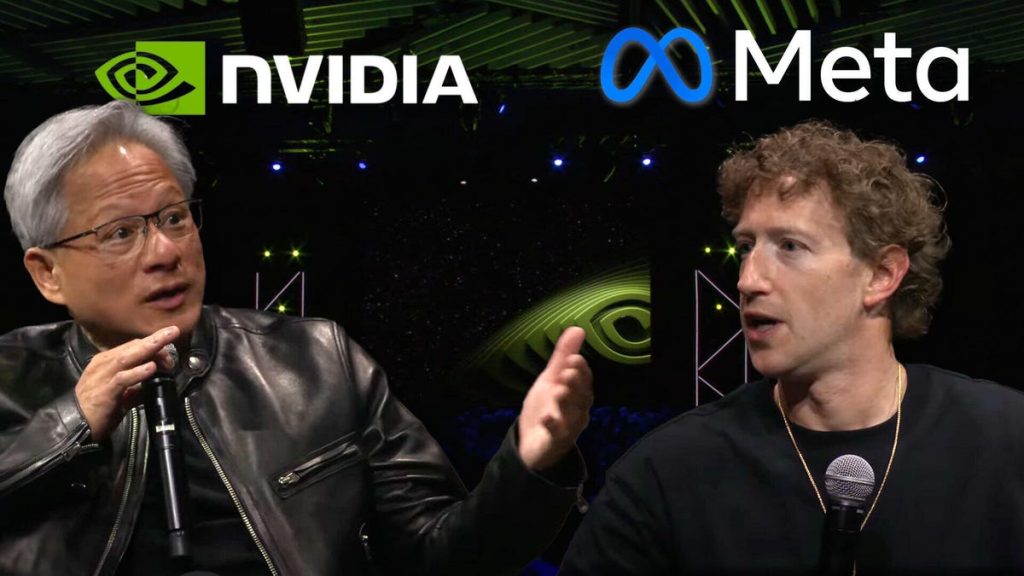At Siggraph 2024, NVIDIA and Meta CEOs discussed the advances in generative AI and how it is being applied to enhance operations and introduce new capabilities. The focus was on the creation of content using AI tools, with a vision of a future where a significant amount of online content is generated through these tools. The CEOs discussed the use of multimodal models that can unify different content types and systems to cater to various objectives. They highlighted the importance of empowering creators and businesses to create their own AI models and agents to interact with their communities.
NVIDIA introduced AI Studio, a set of tools that allows creators to build AI versions of themselves as agents to engage with their communities. The idea behind this is to address the constraints of time faced by creators and their communities, allowing them to interact through AI agents trained on their material. The concept of AI Factory was also introduced, providing the tooling and expertise for individuals and enterprises to build and own their AI models. The goal is to enable companies to encode their institutional knowledge into AI and run it anywhere they like, including on-premises.
Another interesting use case discussed was the use of AI agents for support and role-playing in difficult social situations. The CEOs emphasized the importance of individuals and businesses owning their AI models to encode their data flywheel and institutional knowledge. The discussion also touched on the democratization of AI through open-source tools and partnerships with ecosystem partners to help enterprises deploy AI services globally.
The conversation shifted towards the integration of AI into the virtual world, with the presentation of Segment Anything 2 at Siggraph. This model allows for faster and more efficient segmentation in videos, opening up opportunities for various applications across industries. The CEOs showcased the potential of this technology in interactive and real-time tracking, enabling scientists to study natural habitats and landscapes. Additionally, they discussed the development of AI glasses at different price points, catering to various consumer preferences and needs.
The CEOs also discussed the potential impact of AI glasses on the market, predicting that display-less AI glasses at a $300 price point could become a popular product with millions of users. These glasses would offer interactive AI capabilities, visual language understanding, real-time translation, and holographic displays. The conversation highlighted the evolving technology in the AI glasses space, with a focus on user experience, affordability, and functionality. The CEOs also touched on the development of data centers and infrastructure to support AI applications and services globally.


